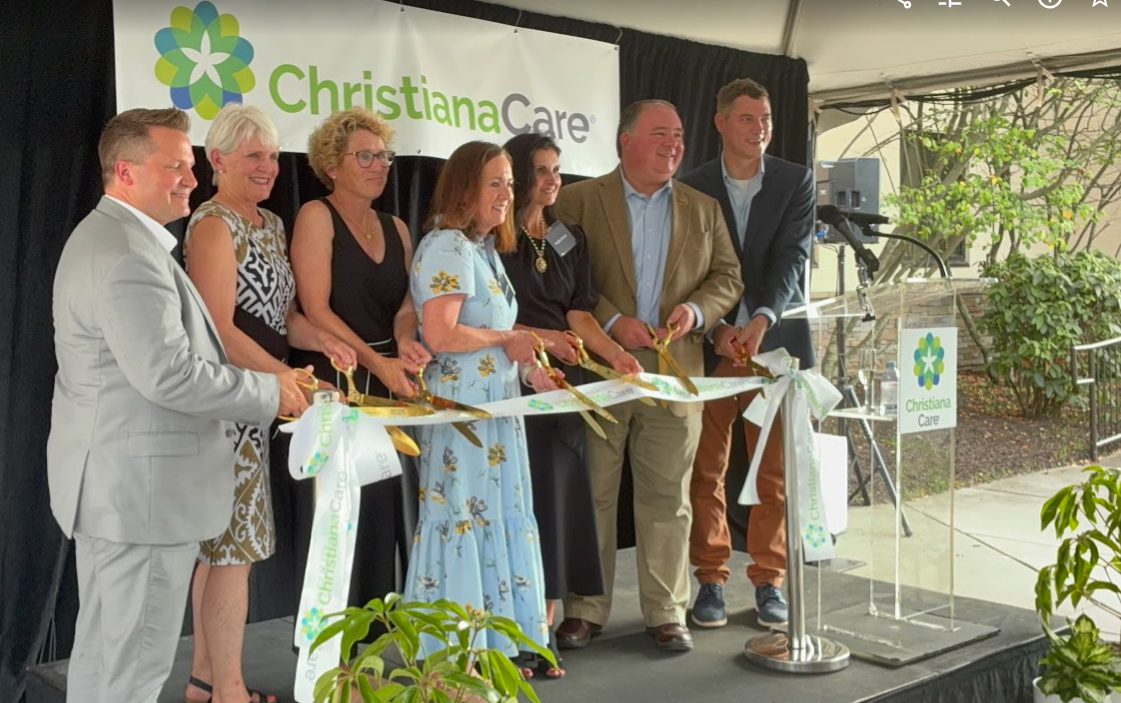Healthcare is a right, not a privilege. I am working to lower costs, expand access, and improve care for every American. Even when Congress is gridlocked, I am putting patients before politics. Keep reading to learn about my health care policy framework. Make Health Care More Affordable for More People
Support Hospitals and Health Care Workers
Protect Women’s Reproductive Health
Make Mental Health Care Widely Available
|
Health Care




